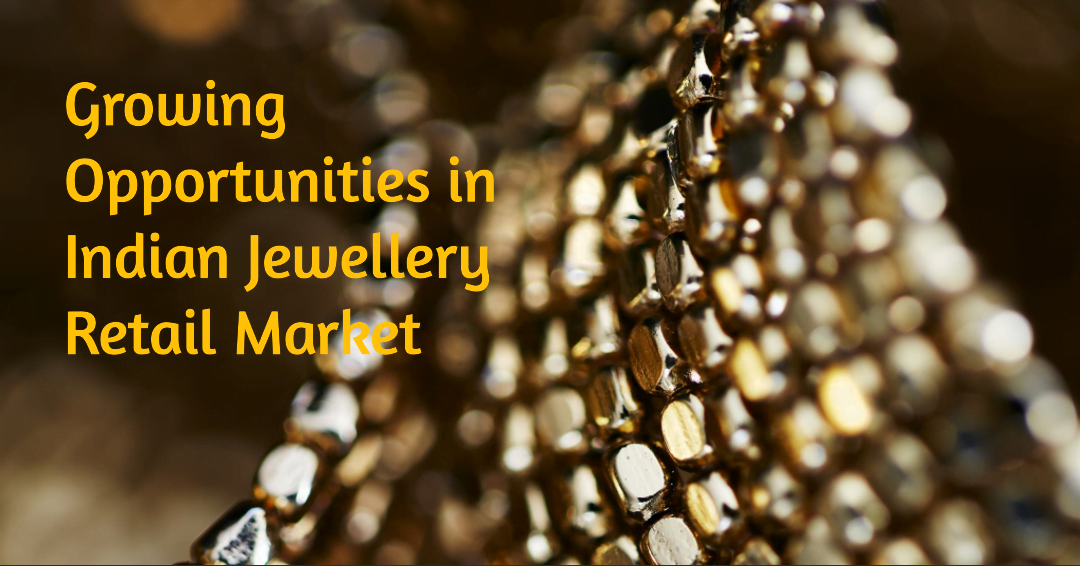Two major developments in the Indian jewellery retail market have caught the attention of industry watchers. Aditya Birla Group is set to invest Rs 5,000 crore in launching its own branded jewellery brand, while Tata Group-owned Titan faces valuation challenges in its plan to acquire the remaining stake in CaratLane. This article explores these significant events and their implications for the industry.
Aditya Birla Group Enters the Jewellery Retail Space
Aditya Birla Group, a leading conglomerate in India, is set to invest Rs 5,000 crore in establishing a branded jewellery brand called ‘Novel Jewels.’ The company plans to open large-format jewellery retail stores across the country, leveraging their expertise in lifestyle retail and consumer preferences. With the gems and jewellery market contributing 7% to India’s GDP, Aditya Birla Group aims to tap into this growing sector.
The Jewellery Retail Market Potential: Projected Growth and Transition
The jewellery market in India is projected to reach USD 90 billion by 2025, witnessing a steady transition from an unorganized to an organized sector. This shift presents immense opportunities for retailers to expand their presence and capture a larger share of the market. Aditya Birla Group’s strategic foray into branded jewellery retail aligns with this trend and reflects their commitment to leveraging new growth engines.
Titan Faces Valuation Hurdle with CaratLane
Differences have emerged between Tata Group’s subsidiary, Titan, and the founders of CaratLane, a leading omni-channel jewellery brand, regarding the valuation of the founders’ residual stake. Talks to resolve the issue have reached the offices of Tata Sons’ chairman. While the stalemate persists, both sides aim to find a quick resolution and overcome the valuation hurdle.
The Story behind CaratLane
Titan has been a majority owner of CaratLane since 2010, having gradually acquired shares over the years. Currently, CaratLane is considered Titan’s most valuable subsidiary, with the founders and employees holding the remaining stake. However, Titan’s call option to acquire the founders’ stake is yet to be acted upon, leading to negotiations and attempts to re-engage with the CaratLane team.
The Valuation Challenge and Future Prospects
The valuation exercise conducted by Titan was deemed inadequate by the CaratLane team, prompting the founders to reject the offer. Analysts estimate the equity value of CaratLane to be around Rs 23,446 crore, with a positive growth trajectory and consistent profitability. Titan may make a revised offer closer to a Rs 15,000 crore valuation in their efforts to find a resolution.
Growth and Expansion Initiatives in the Jewellery Retail Market
Titan continues to focus on widening its customer base, expanding ticket sizes, and offering attractive customer propositions to support market share growth. Their initiatives include store additions, innovative designs, studded and wedding collections, and customer schemes like the Golden Harvest Scheme (GHS). These efforts contribute to the company’s topline momentum in the jewellery segment.
Future Outlook and Conclusion
If a resolution between Titan and CaratLane is not reached, the fair valuation discovery may only occur when the company goes public in approximately two years. However, CaratLane has reached a stage where it can pay dividends to its parent company, Titan, and is no longer reliant on capital from its principal shareholder. The future prospects for CaratLane remain positive, with analysts forecasting continued growth and profitability.
“The Indian jewellery retail market is a shining gem of opportunity, attracting conglomerates and investors alike. With projected growth, transition to organized retail, and the entry of major players like Aditya Birla Group, the future of the industry is set to sparkle.”
In summary, the Indian jewellery retail market presents significant opportunities for conglomerates like Aditya Birla Group and established players like Titan. With a projected market size of USD 90 billion by 2025, the industry is witnessing a transition towards organized retail. As companies strategize and invest in this promising sector, consumers can look forward to a wide range of branded jewellery options and an enhanced shopping experience.

